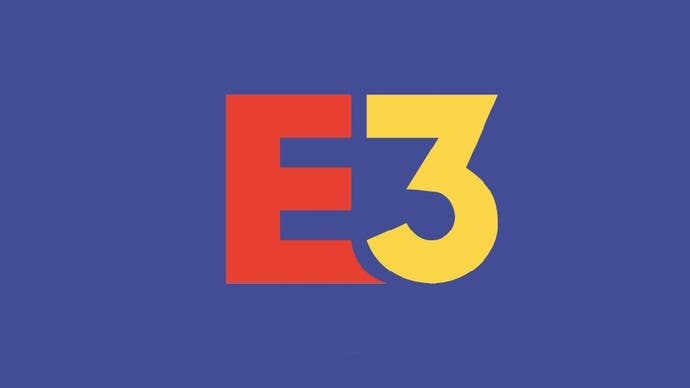ESA proposes rebranding E3 2020 as "fan, media, and influencer festival" in leaked document
With 10,000 additional tickets for consumers.
It's no secret that E3, once the indisputable highlight of the games industry's announcement calendar, has found itself slowly floundering into irrelevancy in recent years, with an increasing number of publishers reducing show presence in favour of more intimate events and livestreams of their own. In response, the Entertainment Software Association (ESA) - the US trade body that runs E3 - is reportedly proposing a radical rebranding of the show for next year, which would turn it into a "fan, media, and influencer festival".
All this comes via a leaked pitch deck (as seen by GameDaily.biz) intended for the ESA members, which suggests possible new forms for E3 following member feedback. The core of the proposal revolves around the idea of turning the once-industry-only event into a more consumer-focussed affair, and the ESA's membership has reportedly already approved an additional 10,000 tickets for the general public, bringing total consumer tickets up to 25,000.
As part of that change, E3's traditional floor layout could, according to the ESA's proposal, be adjusted to accommodate eight large-scale stage-like "experience hubs" where punters are able to watch influencers and celebrities playing video games - with the organisation suggesting the Los Angeles Lakers playing a basketball game as an example.
Additionally, to accommodate the influx of consumers eager to try out the latest titles, it's proposed that an app could be used to register a time to play a demo, and that publishers could provide "queuetainment" to advertise their wares to those waiting in line - with both offering obvious marketing opportunities for ESA members.
However, given that members reportedly rejected ESA plans to make E3 a strictly consumer-only event, there are suggestions that the first day of the show could be reserved for industry-only attendees, while the organisation also proposes "exclusive/appointment only activations for select attendees who will create buzz and FOMO [fear of missing out]."
Later in the deck, the ESA suggests leaning on what it calls "the power of social good", playing up the industry's "social good efforts" to attract influencers and celebrities who would offer "validation, attention, and excitement across media outlets beyond the video game space". It also says this strategy could be used to store "positive chits for future use" among consumers - which could, essentially, be cashed in against the likes of "negative video game stories".
There are also proposals to organise "paid media partnerships" with major outlets like CNBC (following its Tech Impact proof of concept) so it can "control content and the message".
E3 has been dealt repeated blows in recent times, of course; Sony bowed out of this year's show entirely, while other publishers have moved toward more direct consumer-focussed initiatives (such as Nintendo Direct and EA Play) to make their big announcements. Meanwhile, the ESA successfully managed to lose the trust of a huge number of industry members earlier this year when it was discovered that the organisation had leaked the names, addresses, phone numbers, and other details of around 2,000 attendees.
As such, the ESA has an uphill struggle if it wants to wrestle its prized show back into relevancy. Whether or not a "fan, media, and influencer festival" will do the trick remains to be seen.

